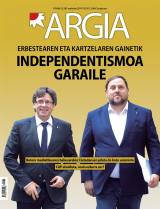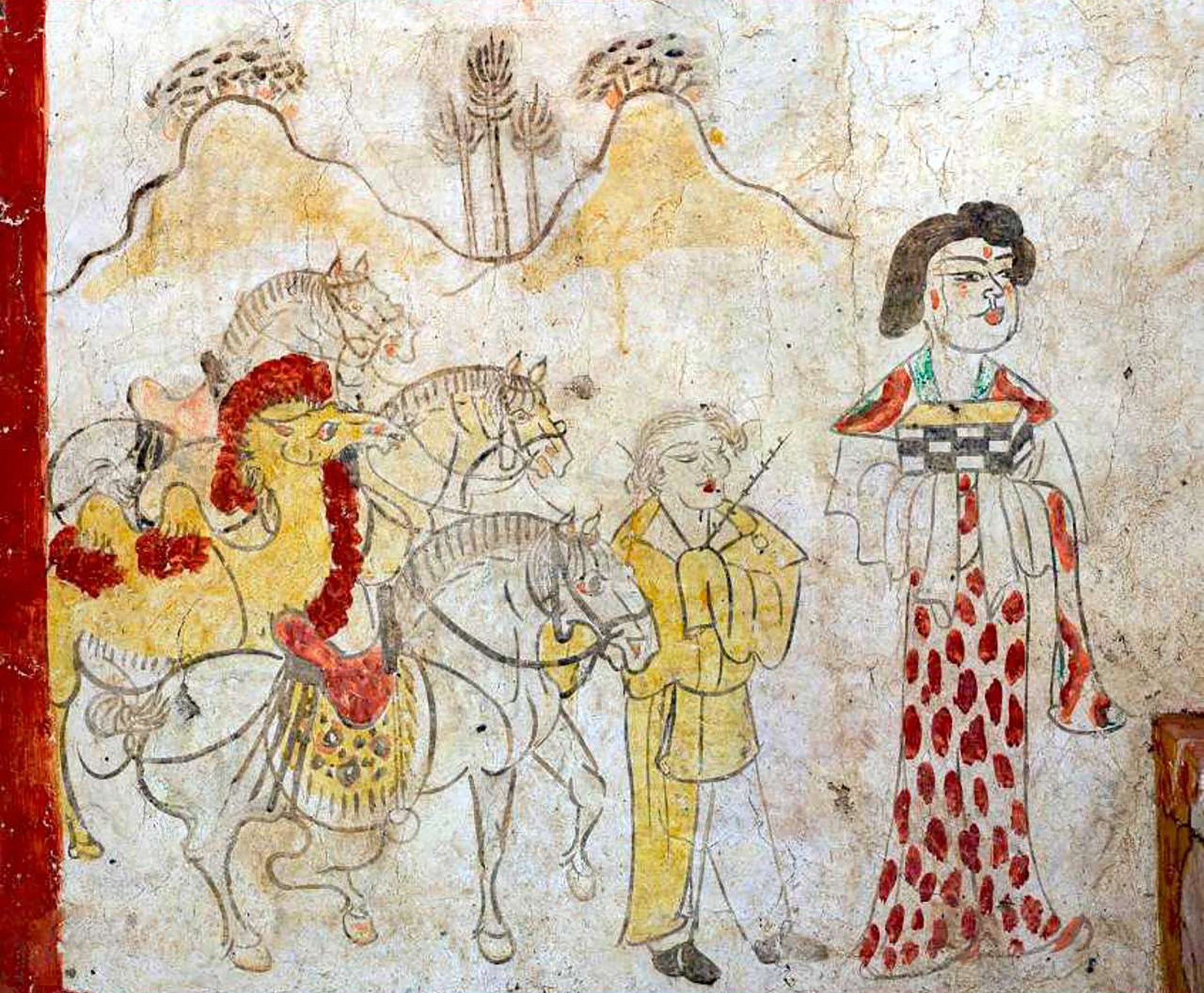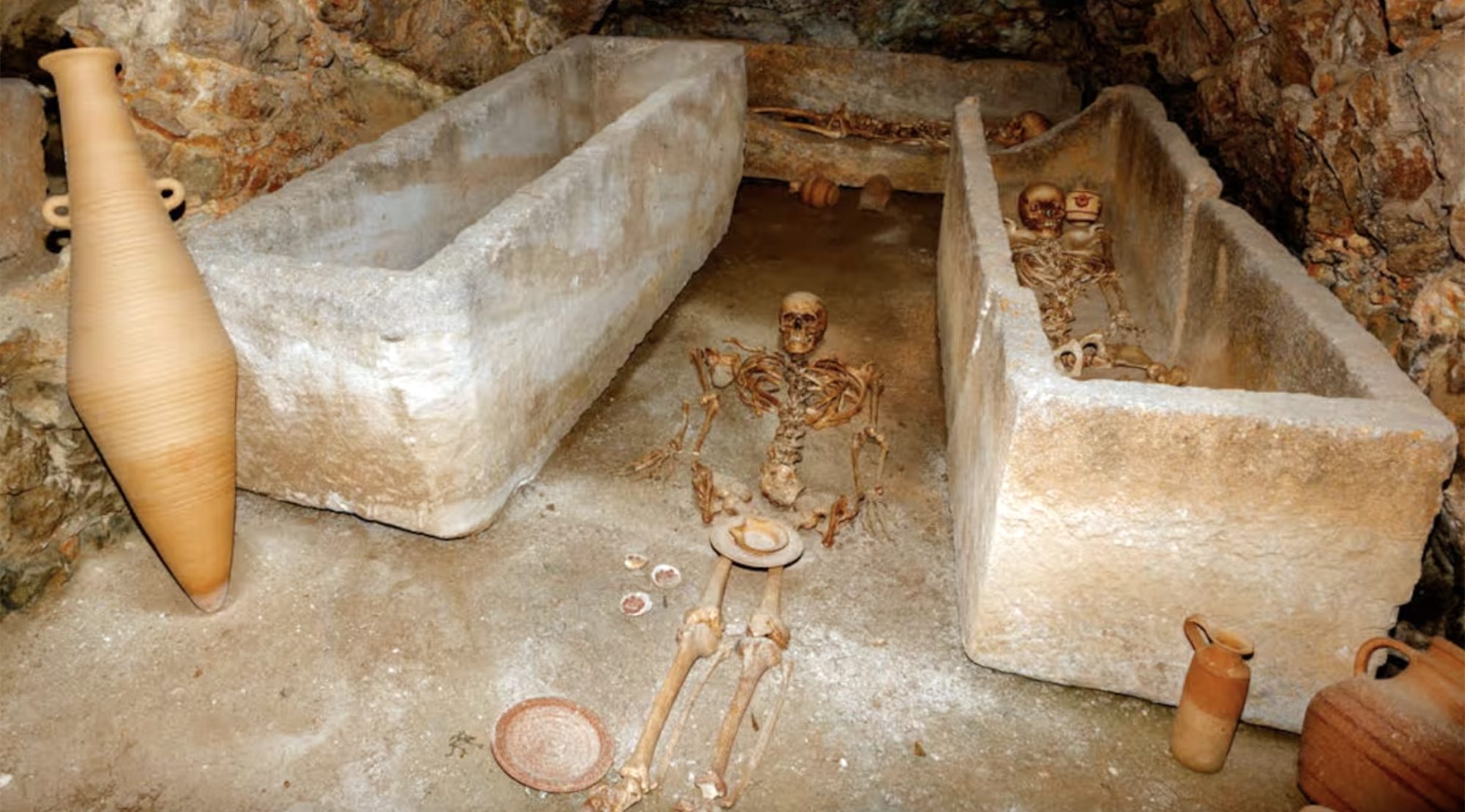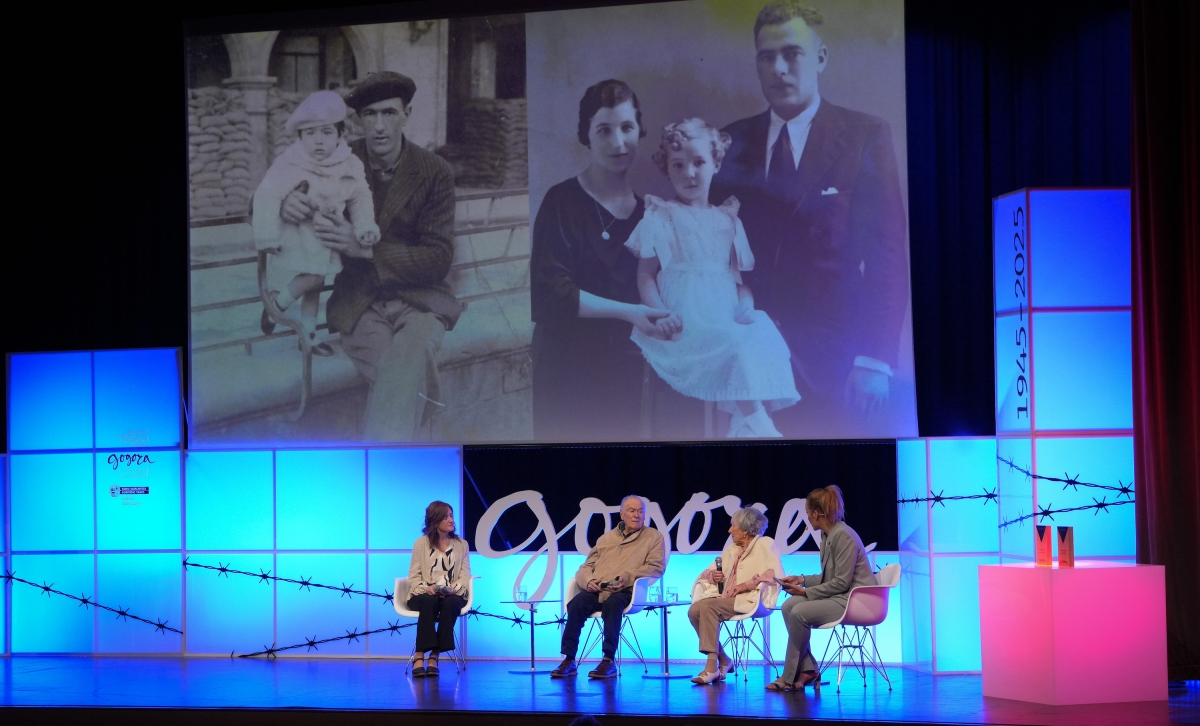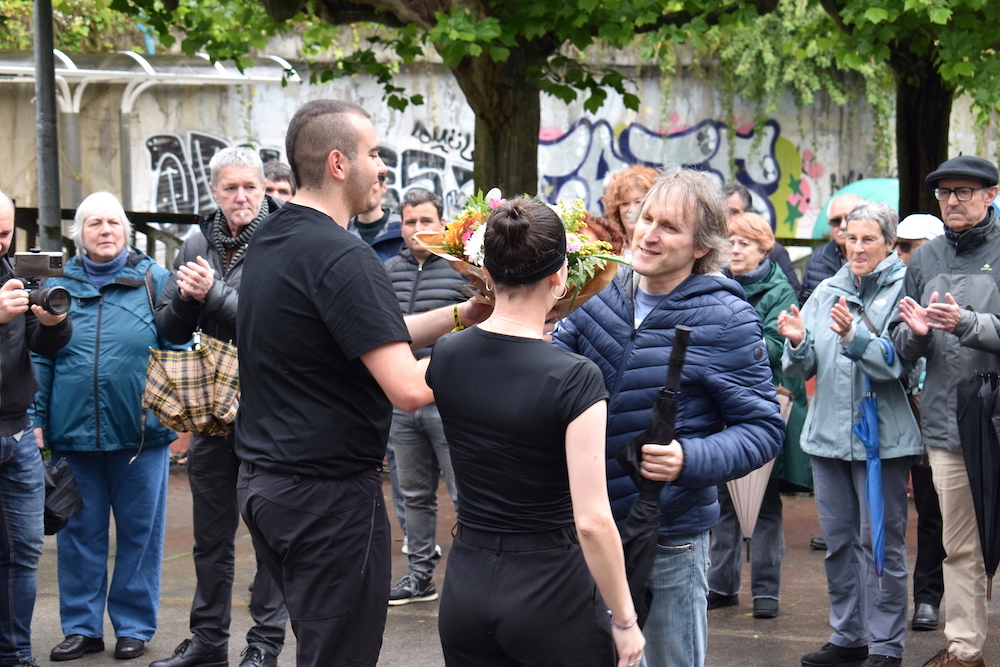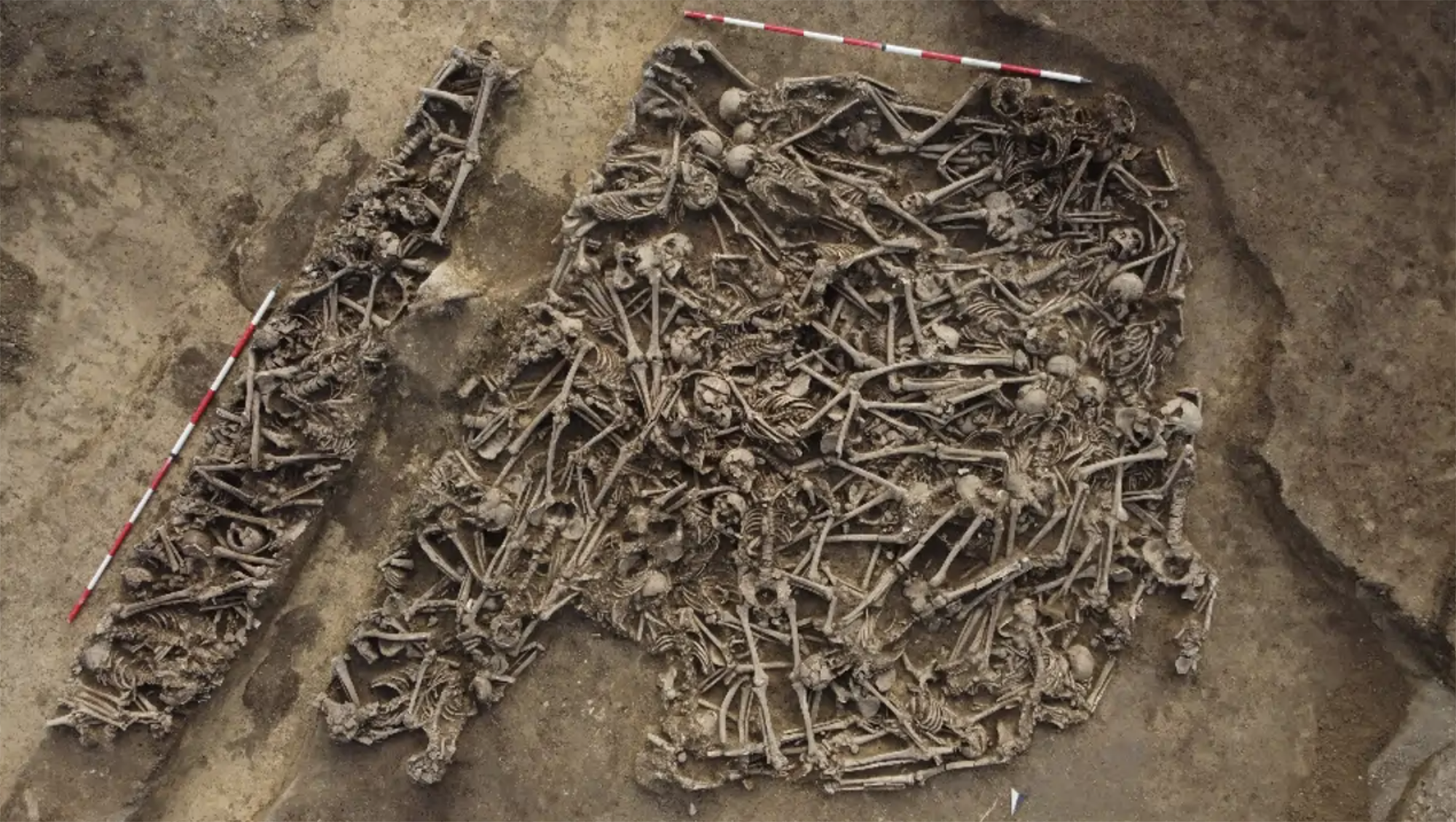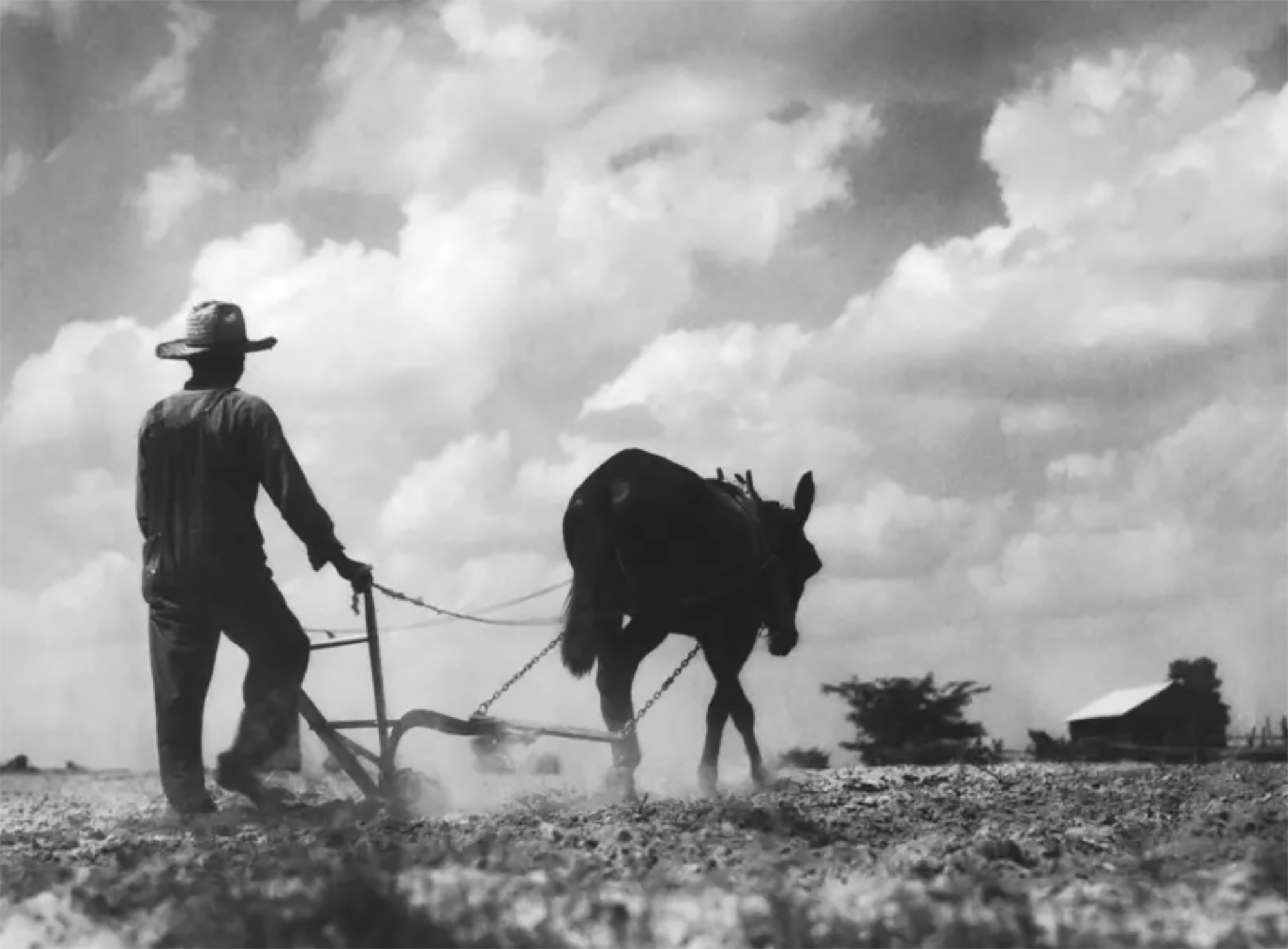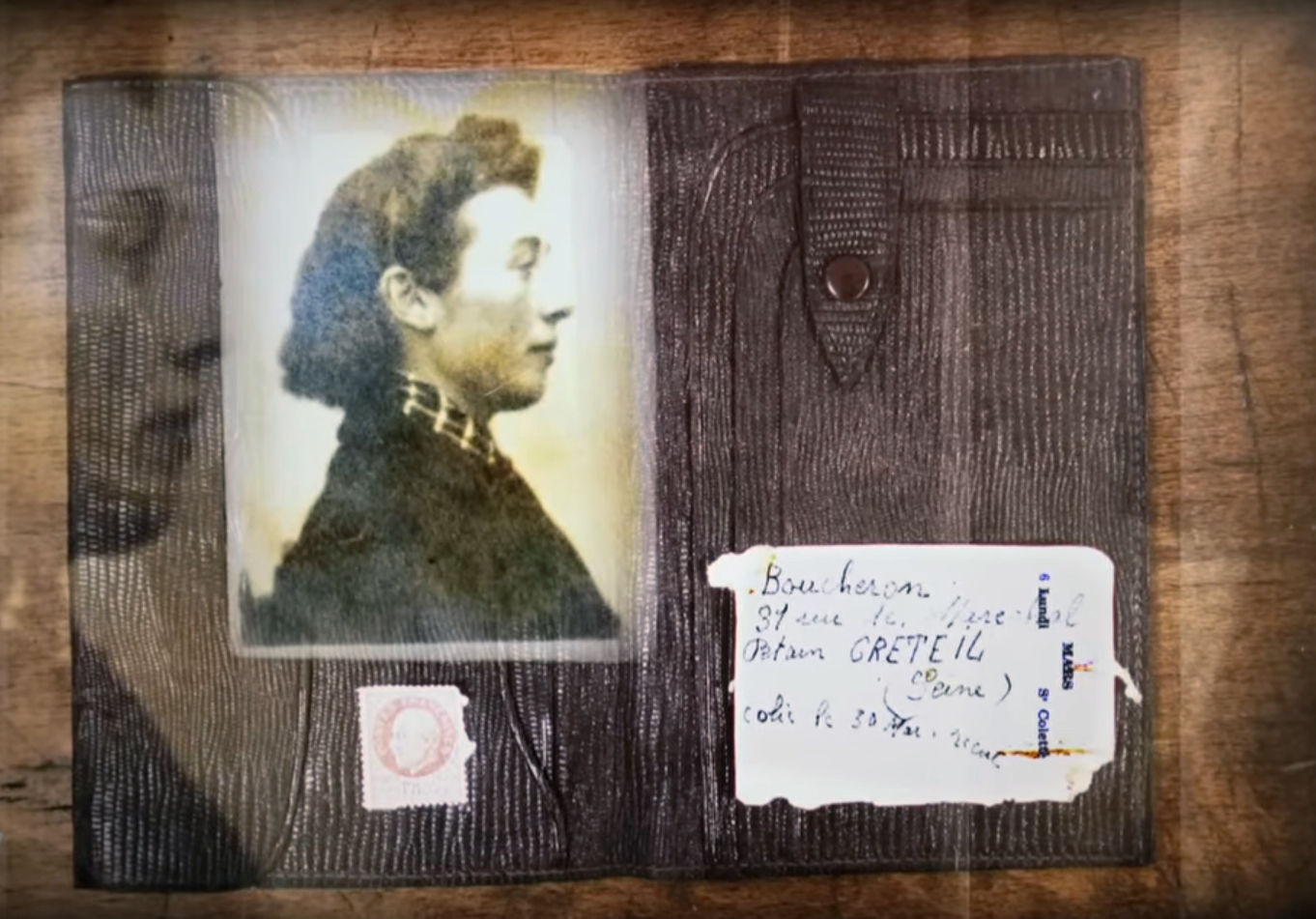Christmas ban
- Born December 19, 1643. The Parliament of England adopted an ordinance prohibiting Christmas. The British were already divided between parliamentarians and realists, between the new and old Anglicans, and the measure only increased division.
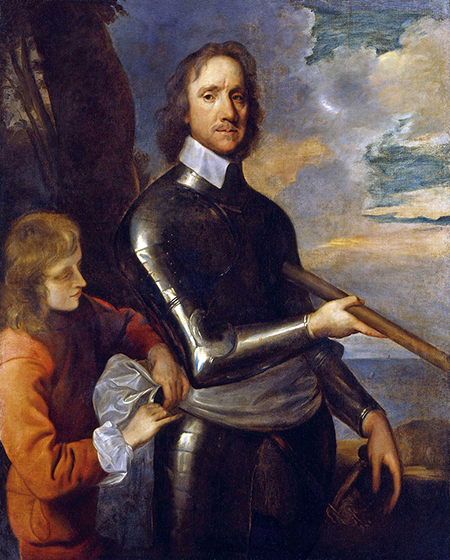
For over 100 years Henry VIII.ak broke with the Roman church in 1534. Her daughter Elizabeth I consolidated and consolidated the church of England and yet society did not suddenly become Anglican. But in the mid-17th century, Parliament’s representatives were moving further and further away from Catholicism and, at the head of Oliver Cromwell, the Puritans’ current was gaining strength. Finally, the parliamentarians would achieve the execution of King Charles I in 1649. But the Catholic celebrations wanted to cut their heads six years earlier.
The Puritans strongly criticized the excesses of the Catholic Church and favored the practice of religion with asceticism and without any luxury. According to the law of 1643, citizens at Christmas “have to be humble, taking into account our sins and those of our ancestors, excuse to pay tribute to Christ, because these days have completely forgotten God and have given rise to carnal and sensual abuses.”
In 1644, besides ratifying the ordinance, the celebrations of Easter and Pentecost were prohibited. The ban continued until the restoration of the monarchy in 1660. The realists tended to allow the Christmas celebrations, but, according to most historians, it was Christmas that reinforced the cause of the Stuards, and not the other way around.
In 1643 there were clashes, when on 25 April business doors were opened against traders. But the most serious incidents occurred in 1647 in London, Ipswich, Norwich and, above all, in Canterbury. In addition to publicly celebrating Christmas, they also then strongly attacked the shops. Who could think that later Christmas and shops would come so well in hand?
In the Chinese province of Shanxi, in a tomb of the Tang dynasty, paintings depicting scenes from the daily lives of the dead are found. In one of these scenes a blonde man appears. Looking at the color of the hair and the facial expression, archaeologists who have studied the... [+]
Carthage, from B.C. Around the 814. The Phoenicians founded a colony and the dominant civilization in the eastern Mediterranean spread to the west. Two and a half centuries later, with the decline of the Phoenician metropolis of Tyre, Carthage became independent and its... [+]
Salvador Puig Antich frankismoaren kontrako militantea izan zen. Askapen Mugimendu Iberikoko kidea, 1973ko irailaren 25ean atxilotu zuten. Gerra-kontseilua egin zioten, eta garrotez exekutatu zuten handik sei hilabetera, 1974ko martxoaren 2an. Aurtengo otsailean baliogabetu du... [+]
Rudolf Botha hizkuntzalari hegoafrikarrak hipotesi bat bota berri du Homo erectus-i buruz: espezieak ahozko komunikazio moduren bat garatu zuen duela milioi bat urte baino gehiago. Homo sapiens-a da, dakigunez, hitz egiteko gai den espezie bakarra eta, beraz, hortik... [+]
Böblingen, Holy Roman Empire, 12 May 1525. Georg Truchsess von Waldburg overthrew the Württemberg insurgent peasants. Three days later, on 15 May, Philip of Hesse and the Duke of Saxony joined forces to crush the Thuringian rebels in Frankenhausen, killing some 5,000 peasants... [+]
During the renovation of a sports field in the Simmering district of Vienna, a mass grave with 150 bodies was discovered in October 2024. They conclude that they were Roman legionnaires and A.D. They died around 100 years ago. Or rather, they were killed.
The bodies were buried... [+]
Washington, D.C., June 17, 1930. The U.S. Congress passed the Tariff Act. It is also known as the Smoot-Hawley Act because it was promoted by Senator Reed Smoot and Representative Willis Hawley.
The law raised import tax limits for about 900 products by 40% to 60% in order to... [+]









